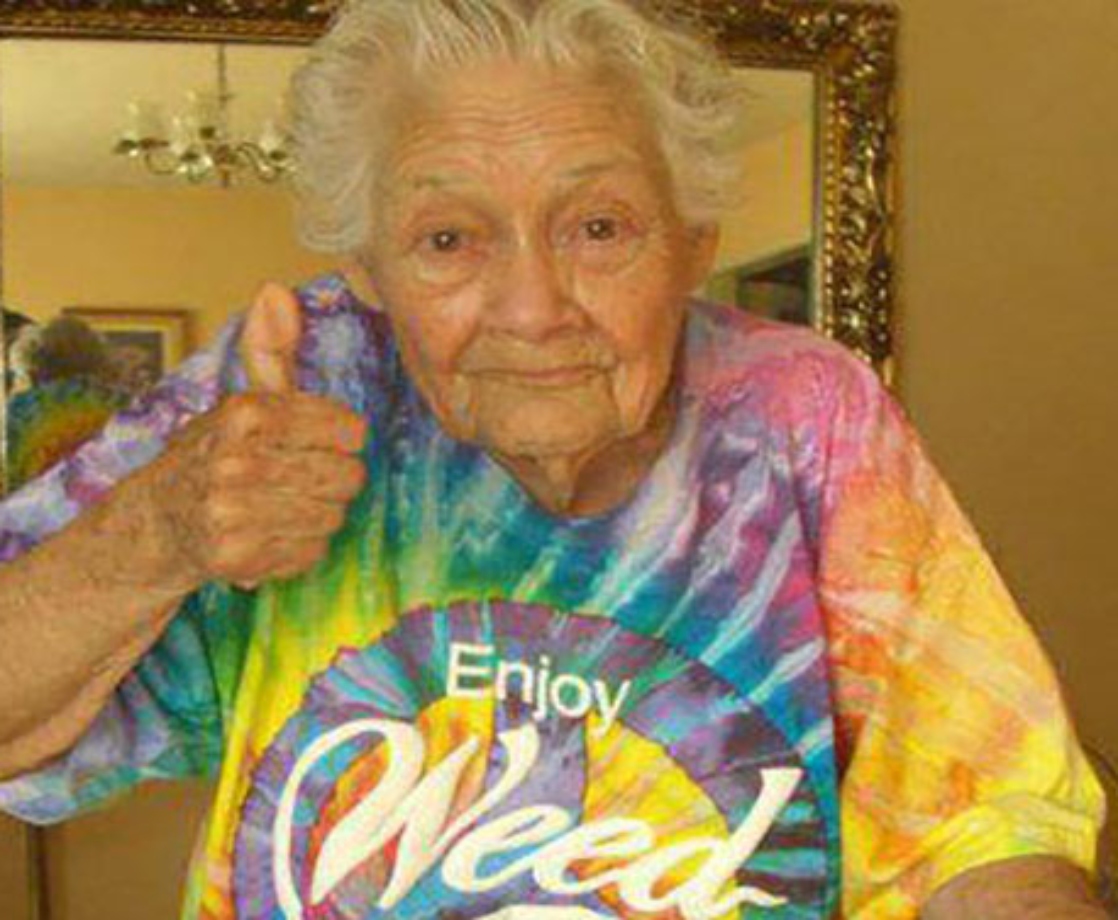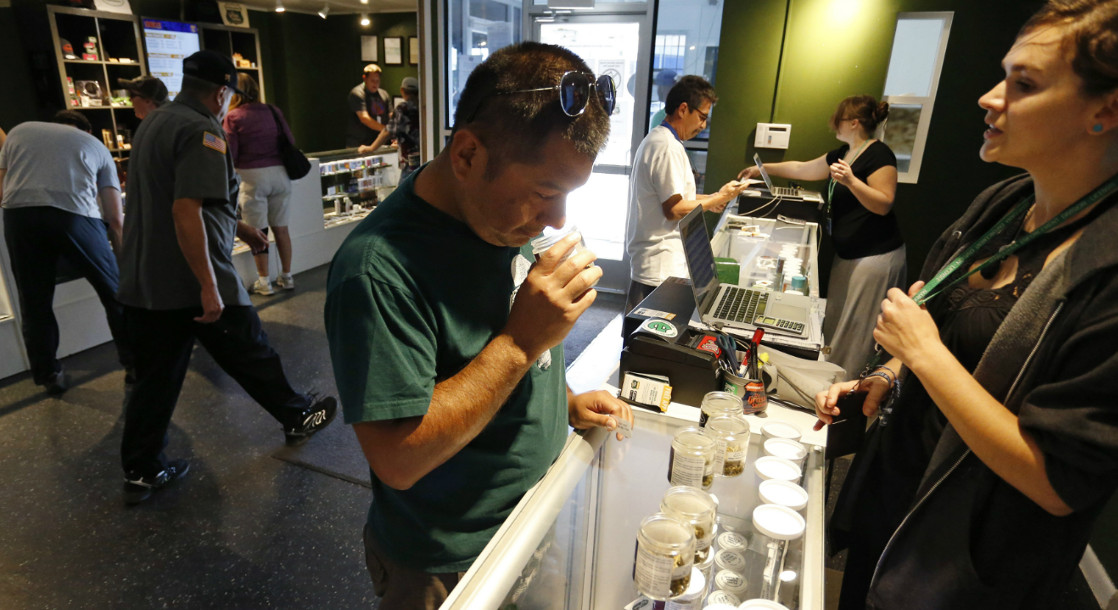A new research study recently published in the Journal of Palliative Medicine reports that an overwhelming majority of hospice workers across the US believe that their patients should be legally allowed access to medical marijuana.
Researchers from the University of Maryland School of Pharmacy conducted a survey asking 310 hospice professionals from 40 states if they believed their patients should be allowed to use medical marijuana. Over half of the respondents were nurses, followed by administrators and physicians.
“With medical cannabis (MC) remaining illegal at the federal level, hospice programs are unsure how to handle requests for MC, particularly since hospice is largely funded with federal dollars,” the research team explained. “The purpose of this survey was to determine respondents’ comfort level with MC use in hospice, what processes and logistics hospice programs are employing when dealing with MC, and to determine what, if any, education hospice programs are providing to their staff.”
The study reports that “regardless of legal status, hospice staff members were overwhelmingly in agreement that MC is appropriate for hospice patients to have access to and use.” Specifically, 91 percent of respondents endorsed the use of medical cannabis among hospice patients. 90 percent of these hospice professionals said that patients had asked them about medical marijuana, and 73 percent said they had cared for a patient that had already used this natural medicine.
Despite this overwhelming support, many hospices remain apprehensive of medical marijuana, even in states where it is legal. A large majority of hospices depend on federal funding programs like Medicare and Social Security, and any official endorsement of cannabis would allow federal officials to cut that funding. As a result, some hospice professionals have reported that their employers were prepared to fire them immediately if they discussed medical marijuana with their patients.
The researchers identified “several barriers” to the use of medical marijuana at hospices, “including discordant legal status between state and federal governments, concerns about clinical efficacy and safety, and a myriad of other societal factors.”
Researchers also discovered “wide variations in MC documentation and education practices between hospices,” leading them to conclude that there are “important opportunities to support hospice providers and their patients through education and the development of policies around MC.”
This research adds to a growing chorus of medical professionals who hope to see cannabis education become a priority for the country’s medical community. In a recent op-ed published in the Journal of the American Medical Association, Stanford University School of Medicine professor Dr. Nathaniel Morris reported that only a small percentage of doctors and other medical professionals had learned anything about marijuana during their schooling or training.











